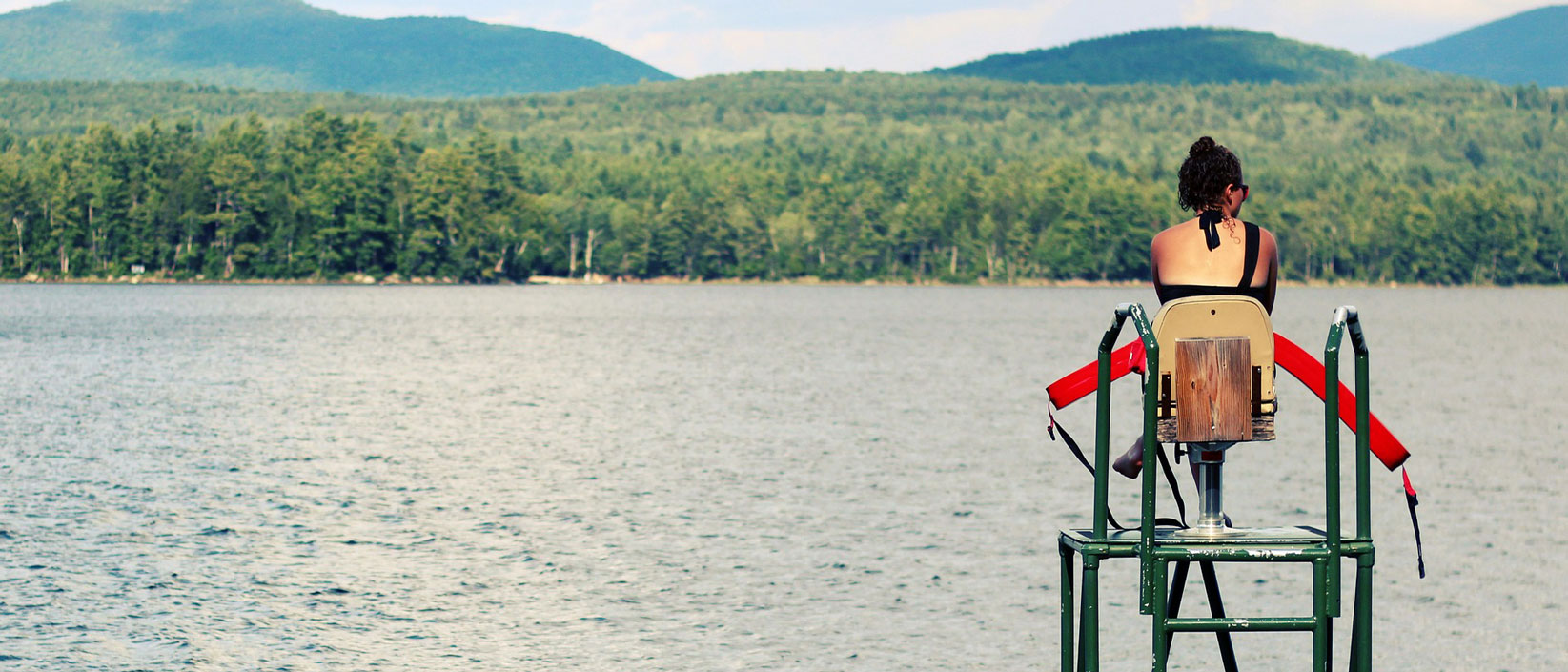

Create a Budget for Study Abroad

Emergencies & Crisis Awareness
We have a thorough emergency action and communications plan in addition to established protocols for potential crisis situations. The ISEP network (made up ISEP staff and ISEP Coordinators at both host and home universities) will enact the plans as needed to ensure the health, safety and well-being of our students.
Accommodations

Coping with Culture Shock
You will experience a range of emotions during and after studying abroad. Keep in mind that initial disorientation is a normal part of adjusting to a new culture. This feeling will soon pass and you will begin to enjoy your new experiences. While it may be disconcerting, culture shock can be a growth process that increases your understanding of your host culture and of yourself. One of the most effective strategies to mitigate culture shock is to prepare yourself. The more you know about what to expect, the more comfortable you will be.

Contact Your Study Abroad Advisors
With ISEP, you'll gain a community of advisors that will support you throughout your entire study abroad process.

How to Deal With Reverse Culture Shock
When you return to your home country, you may feel slightly disoriented or out of place. The feeling may be similar to what you felt when you arrived in your host country. What you're experiencing is called reverse culture shock. These feelings are temporary and completely normal. One of the best ways to help you overcome reverse culture shock is to learn more about it.

ISEP Celebrates our HBCU Institutions for Black History Month
ISEP Celebrates our HBCU Institutions for Black History Month

Top 5 in Jozi: Study Abroad in Johannesburg, South Africa
Within the first month of my study abroad in Johannesburg, South Africa, I’ve done so much. At this point I think it’s only fair to make a list of my top five favorite things I’ve done so far.

5 Reasons To Study Abroad in the Middle East
Study abroad in the Middle East and learn about one of the fastest growing economies in the world.
Pagination